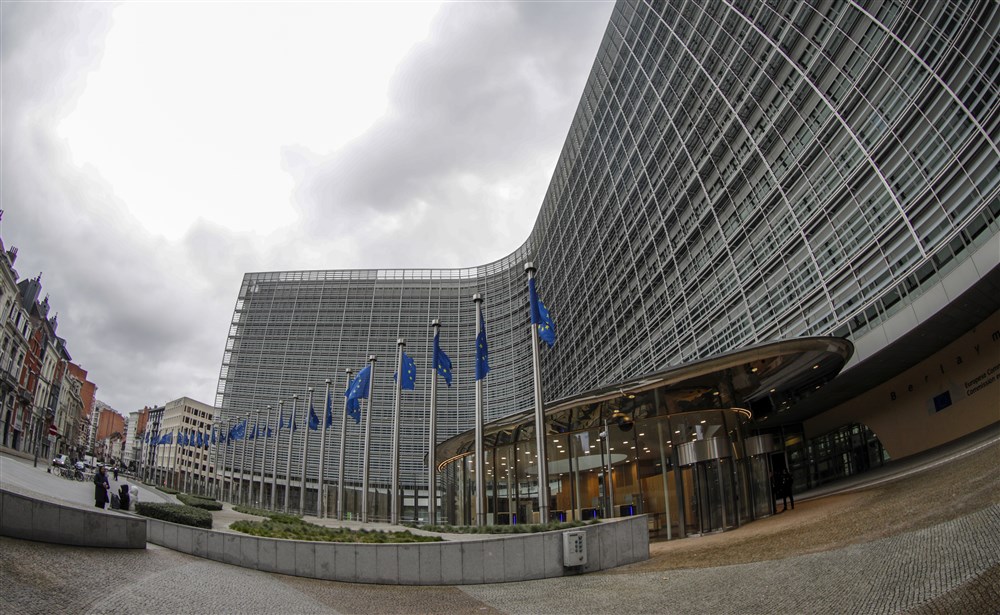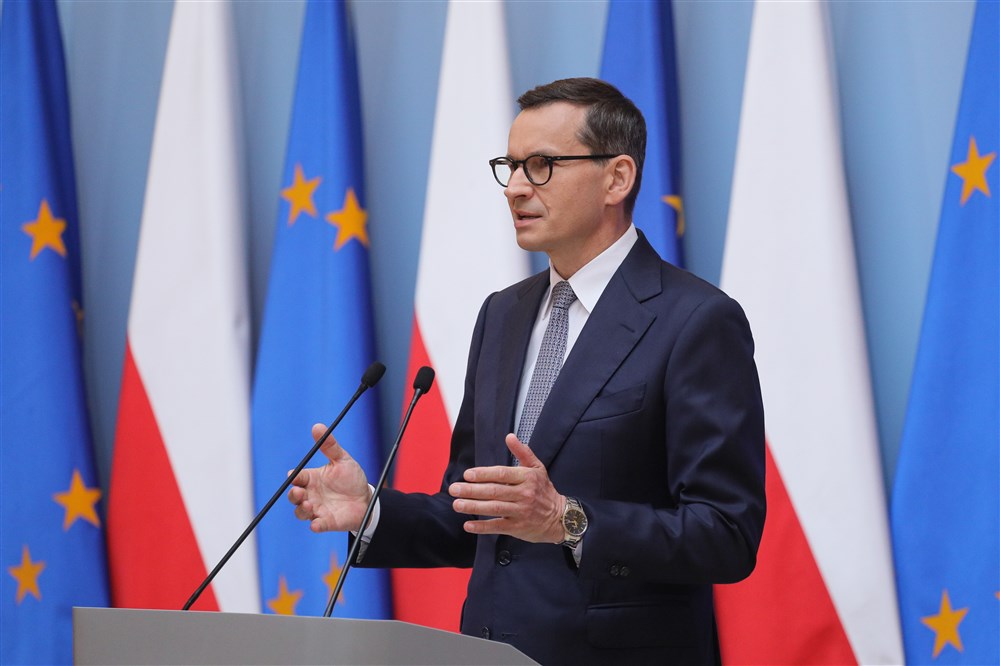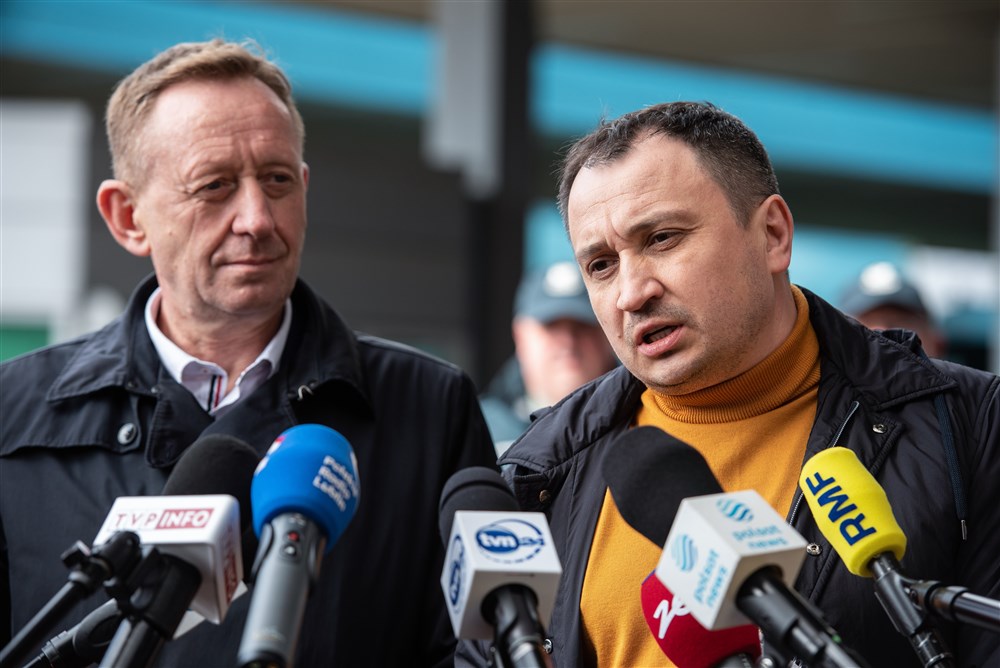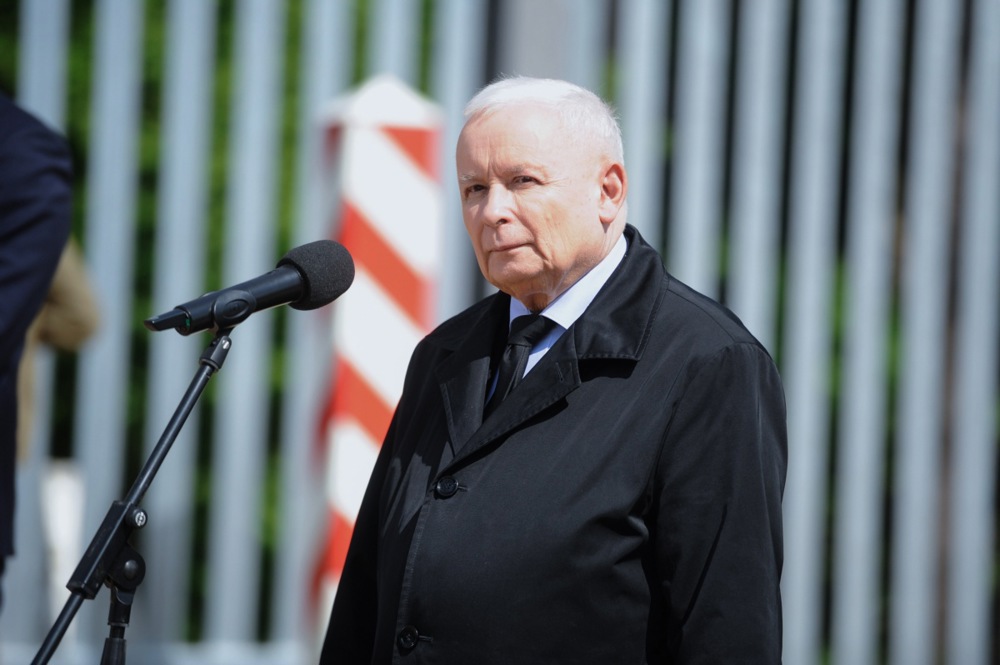Tensions have been ramped up between Poland and the European Commission over the EC’s revision of the European Union budget for 2021-2027.
Polish diplomats in Brussels have expressed “disappointment” that no provision regarding Ukrainian refugees has been included, despite the EC’s proposal to spend an additional €15 billion on migration programmes in the Mediterranean region.
According to Andrzej Sadoś, Poland’s ambassador to the EU, the EC revision takes no account of the needs of states bordering the Ukraine that have been hit by the fall-out from its war with Russia.
Such issues, he said, include the inflow of refugees, Ukrainian grain imports and the need to strengthen border infrastructure and protection. Over the past two years, Poland has been struggling with a wave of illegal migration triggered, it says, by Belarusian authorities.
The latest exchange between Poland and the EC underlines growing Polish dissatisfaction regarding the proposed new Migration Pact. Poland considers it to be unjust and not fit for for purpose, given the situation on the eastern frontier of the EU.
Poland feels the pact, as it is, will only encourage illegal migration and is unfair as it proposes that Member States that do not accept asylum-seekers will be fined €22,000 for every migrant refused.
Sadoś is reported to have informed other ambassadors about his concerns and said Poland will be raising the matter at an EU summit next week.
In an apparent move to assuage Polish and other countries’ concerns regarding the Migration Pact, the EC has proposed that Member States that end up taking more than a million refugees will be able to apply for an opt-out from the pact.
However, that may find little favour in Poland and elsewhere as granting such an opt-out would be an EC decision, one that would have to be signed off by all Member States in unison. Poland sees that as a potential trap designed to push it to accept the Pact and so it is persisting with its stringent opposition.
Jarosław Kaczyński, leader of Poland’s ruling PiS party, has said he will be pressing for a referendum to be held on the Migration Pact, alongside the country’s parliamentary elections this autumn. The Liberal opposition says any such vote would be pointless as it is a forgone conclusion voters would go against acceptance of the pact, given opinion polls show the vast majority of Poles oppose it. Instead, they say, the government should simply agree to it and apply for the opt-out.
Polish fears have been heightened further by German chancellor Olaf Scholz’s remarks in the Bundestag on June 22. Scholz stated that the Migration Pact was the “ideal solution” for Germany as the relocation of migrants would relieve the burden of dealing with what he said was already an excessive number of incomers.
That spurred Polish Deputy Foreign Minister, Arkadiusz Mularczyk, to claim that Germany and other countries were likely to use the EU’s compulsory relocation scheme to offload to other states migrants deemed unwilling to integrate or to work.
During the migration crisis of 2015, Germany received hundreds of thousands of illegal migrants in what was a unilateral move. That was followed by EC attempts to compel other countries to also take in migrants. At that point, Poland, Czechia, Hungary and Austria opposed the scheme and it proved something of a failure, with far smaller numbers being taken in than the EC had intended.





